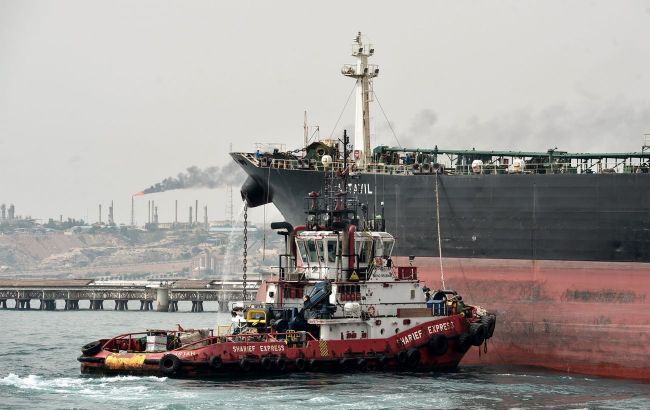Fearing new sanctions? China reducing its oil purchases from Russia and Iran - Bloomberg
 Illustrative photo: China is reducing its oil purchases from Russia and Iran (Getty Images)
Illustrative photo: China is reducing its oil purchases from Russia and Iran (Getty Images)
Large state-owned refining companies in China have suspended purchases of ESPO crude oil following US sanctions against producers PJSC Rosneft and PJSC Lukoil, Bloomberg reports.
Some private refineries, which are typically more tolerant of risk when it comes to purchasing sensitive crude, have also recently been avoiding this grade of oil from Russia’s Far East.
Their caution emerged after the European Union and the United Kingdom blacklisted Shandong Yulong Petrochemical Co., which had been a major buyer of Russian crude. All of this together has created an unusual level of anxiety in the market.
According to Vandana Hari, founder of the Singapore-based analytics firm Vanda Insights, this growing concern distinguishes the latest US measures from previous Western restrictions. Thus, US sanctions against Rosneft and Lukoil could somewhat change the rules of the game.
The nervousness among Chinese buyers comes amid declining purchases of Russian crude at Indian refineries.
According to estimates by the industry analytics company Rystad Energy AS, China’s seaborne imports of Russian crude could fall this month by 500,000–800,000 barrels per day, or by two-thirds of the usual level.
According to traders, there is now a surplus of ESPO being offered at a discount of $4 per barrel to benchmark prices for deliveries to China. This is wider than the 50-cent gap at the end of October.
Such prices may be too tempting for some Chinese refiners, who may resort to the time-tested method of switching off transponders to conceal the origin of the crude they buy.
US sanctions against Russian oil
In October, the US announced sanctions against Russia’s two largest oil companies, Rosneft and Lukoil, in an effort to pressure Russian President Vladimir Putin to come to the negotiating table with Ukraine.
After the sanctions were announced, several European countries where Lukoil operates refineries began looking for solutions to prevent their plants from shutting down.
In particular, the Bulgarian parliament allowed the government to appoint new management for the refinery. The plant may be nationalized and then sold to new owners. Meanwhile, Romania wants to obtain a postponement of the sanctions’ implementation from the US.
Additionally, Lukoil reported a "force majeure" at the giant West Qurna-2 oil field in Iraq and halted its operations there.
At the same time, recent information suggests that Lukoil may sell its foreign assets to the Swiss company Gunvor.

